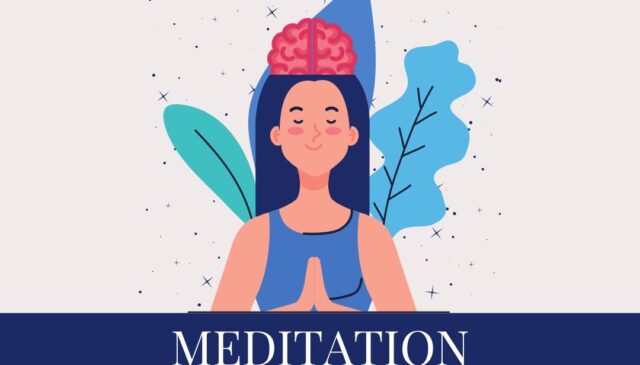
Many individuals are familiar with the neurotransmitter known as “dopamine”, yet fewer realize just what it does. So, what is dopamine and how does it affect our brain?
I did some digging to find out.
Dopamine Meaning
Dopamine is a neurotransmitter that plays an important role in the brain’s reward system. It helps us feel pleasure when we do something good for ourselves (like eating chocolate) or others (like helping someone).
In addition to being involved in pleasurable activities such as eating and sex, dopaminergic neurons help regulate
- emotional responses
- sleep cycles
- attention span
- mood
- motor skills
- cognitive function
- body functions
- maintain the health of brain nerve cells functioning
- inhibits norepinephrine release in blood vessels
- increases sodium excretion in the Kidneys and urine output
- reduces insulin production in the Pancreas
- reduces gastrointestinal motility
- protects intestinal mucosa
- reduces the activity of lymphocytes in the immune system
They may also play a role in
- schizophrenia
- addiction
- attention deficit hyperactivity disorder
- stress response
- cognitive processes like thinking, memory, and perception
- bipolar disorder
- managing negative emotions
- restless legs syndrome
- sex drive
Is dopamine a happy hormone?
The next time you feel happy, you know what is causing it, don’t you?
What role does Dopamine play in our life?
Dopamine’s role in our life
In a perfect world, Dopamine is an important neurotransmitter that is utilized for communication between brain cells. One cause why Dopamine is discharged is to assist control our conduct. It urges us to run and find essential things like nourishment and drink. Do you recognize that satisfied, driven feeling you get after you achieve a target? Dopamine is accountable for that, too.
Unfortunately, the world is not perfect, and Dopamine does not always function correctly. For this reason, Dopamine now has a reputation for both being good and bad. There exist healthy and unhealthy methods of influencing your Dopamine levels, plus natural and artificial means of balancing them. Dopamine has a huge effect on both the mind and body, so if they think you’re out of balance, it is very important to check it.
Why is dopamine so important?
The neurotransmitter dopamine is an important chemical messenger that travels between different parts of the body and helps control our behavior. There are two separate areas of the human brain that produce dopamine – one called the substantia nigra and the other called the ventral tegmentum. The substantia nigra is involved in controlling motor functions, such as walking, talking, and moving. The ventral tegmentum is involved in pleasure and motivation.
How to Naturally Increase Dopamine?
Dopaminergic pathways play an important part in regulating our motivation and ability to focus. When we get rewards from doing things, we become more motivated to keep going until we reach our goals.
These are some of the ways that natural substances affect your brain and can help improve your mental health.
- Plant-Based Foods increase dopamine levels
- Exercising
- Meditating
- Listening to music
- Through pleasant touch (such as hugging or petting an adorable puppy)
- Getting enough sleep
- Maintaining a healthy weight
- Taking a cold shower
A healthy lifestyle is a great thing to do for your health, but if your dopamine levels are low, then a healthy lifestyle alone won’t necessarily bring them up to normal. If you’re having trouble maintaining motivation, these tips can give you some ideas on how to improve your situation. However, depending on the issue, you may need a specific type of therapy.
How Dopamine Controls Our Reward Circuit in the Brain?
Dopamine is a neurotransmitter that helps regulate our reward system. It may seem good at first, but there are times when too much dopamine causes problems.
The problem is, says Harvard Health, “Drug addiction stimulates a reward circuit in the brains of people who use them.” Likewise, sex, masturbation, and various types of addiction such as video games, and mobile addiction have the same effect. Taking certain types of drugs leads to huge surges of the neurotransmitter, Dopamine, in the brains of addicts. The feeling of being “high” can be attributed partly to the surge of Dopamine, which can eventually lead addicts to addictive behavior. Despite their dangers, the pleasures of using these substances far exceed the risks.
Have you ever noticed how people lose interest in the things they usually enjoy when they’re feeling down? Or how people who suffer from depression can actually stop enjoying food and drink? These states are often caused by low levels of serotonin, which plays a major role in our ability to experience a pleasure. A related condition called anhedonia describes the lack of enjoyment one experiences when experiencing positive emotions such as happiness or excitement.
Another “bad” side of dopamine occurs when a person has an imbalance in their dopamine level. A lack of dopamine can lead to symptoms like depression, forgetfulness, and fatigue.
When our dopamine levels are out of whack, we’re out of whack.
Dopamine plays a role in regulating emotions, sleep, cognition, and movement. Too much dopamine causes schizophrenia and psychosis.
What happens when dopamine affects the body?
The production of Good Dopamines actions helps you form good habits. When these actions work the way they should, they encourage you to take important action towards your overall health and wellbeing. Because when you do actions that are rewarding something good for you, you feel good. The things that we listed before that naturally boost dopamine enables your physical health, like:
Dopamine isn’t just responsible for our behaviors and motivations; it also plays an important role in our movements and motor controls. Because dopamine is a neurotransmitter that sends important signals from one cell to another, its motor function part helps maintain your nervous system’s normal function. Your ability to walk purposefully and with some degree of coordination depends on dopamine.
Like too much or too little serotonin, too low or too high levels of neurotransmitters like serotonin, norepinephrine, and/or dopamine can cause serious health issues. Serotonin deficiencies can lead to depression, anxiety, and even suicide; norepinephrine deficiencies can result in fatigue, loss of appetite, and insomnia; and too much or too little of the feel-good hormone, dopamine, can result in addiction, drug abuse, and even psychosis.
- Muscle problems and stiffness
- Aches and pains
- Low energy
- Loss of balance
- Constipation
- Trouble eating and swallowing
- Pneumonia
- Sleep difficulty
These are caused by imbalances in Dopamine.
Too much dopamine can cause some really bad stuff, like excessive risk-taking and drug use. It can also lead to increased motivation, which may include working harder than necessary and even engaging in risky behaviors.
What happens when Dopamine Levels are Imbalanced?
When dopamine levels are imbalanced, there are several things you can do to help balance them out.
Depending on the cause of the dopamine deficiency, treatments may vary from dietary modifications to medications.
Seeing a therapist can actually affect your brain chemistry and has been shown to increase your ability to cope with life’s challenges. When you talk to someone who cares about you, you learn to be more present, understand yourself better, and manage stress differently. These things lead to improved mood and overall happiness.
If you’re feeling tired, lacking in motivation, and finding no joy in the things that used once to give you happiness, counseling might be able to help. You can find counselors in person or use an online counseling site like BetterHelp if you want a reliable, affordable way to get professional advice anytime you need it.
Our physical and mental health depends on our dietary habits and lifestyles. Making small adjustments in these aspects can improve our overall well-being. Foods rich in tyrosine, like plant-based diet, nuts, avocados, and bananas, increase dopamine levels.
Sometimes we can get off track. For example, when we’re thinking about food, we might want to keep in mind that sugar makes our brains feel happy. But it doesn’t help us at all.
Other lifestyle options that can boost dopamine include exercise and mediation. These two actions trigger neurotransmitters in the body and help improve your overall health. Increased dopamine helps you make positive changes in your life. By incorporating these healthy behaviors into your daily schedule, you keep the cycle alive.
If these methods don’t help, medications may need to be used.
Conclusion
Dopaminergic neurons release chemicals called “dopamines” when they’re activated by certain stimuli. Dopamines are responsible for feelings of pleasure, motivation, and reward. They also help regulate attention, concentration, sleep, appetite, and mood. Too much of a good thing, however, can be dangerous.
If you feel like you may have a low level of neurotransmitters (dopamines), it’s important to seek medical advice. Your doctor may be able to determine whether you’re experiencing a lack of these chemicals by looking at your symptoms. If the problem isn’t severe or you’d rather not take medications, there’s another option for you: counseling, which can help you cope with stress and improve your mood. You can also change your eating habits and lifestyle choices so they don’t negatively affect your brain chemistry.
Are you a meditator? Do you feel naturally rewarded when you meditate? Share your experience with me.
Be Blessed by the Divine!
Krish Murali Eswar.
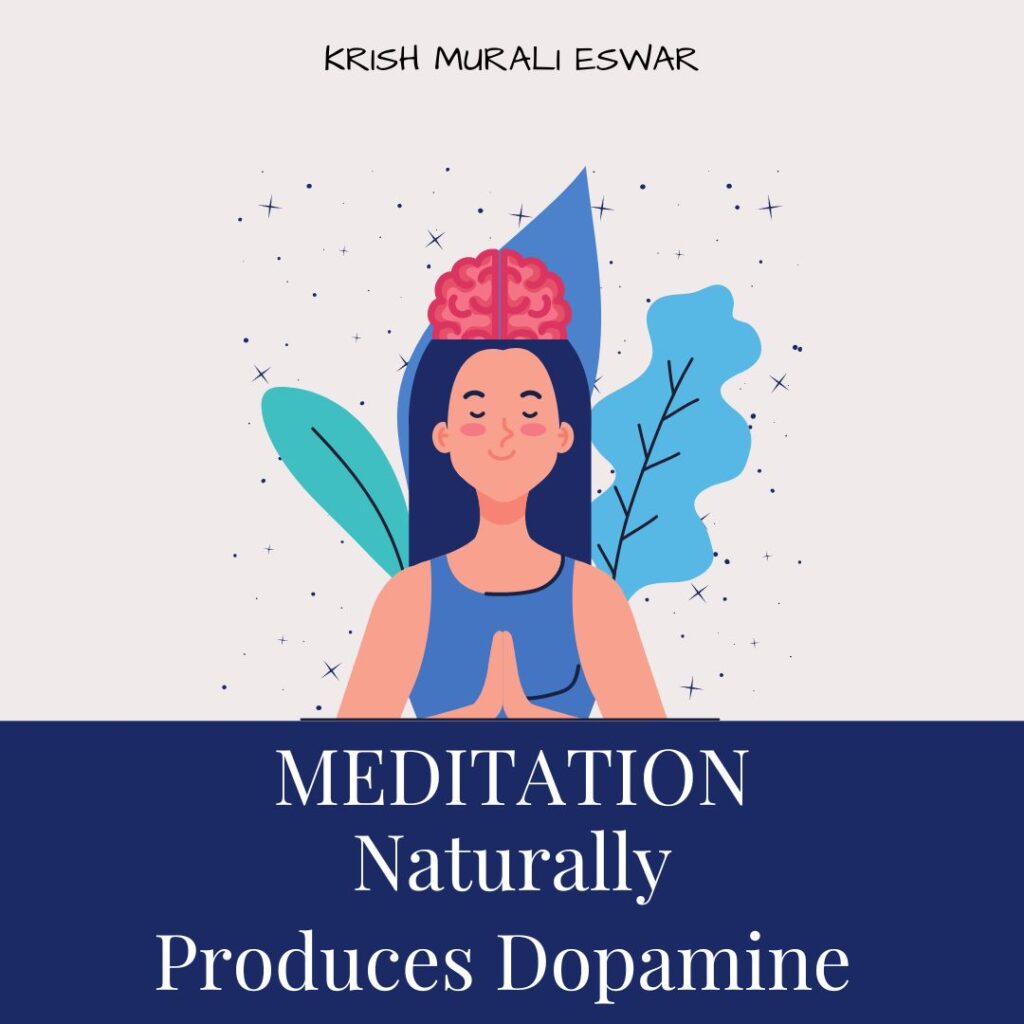
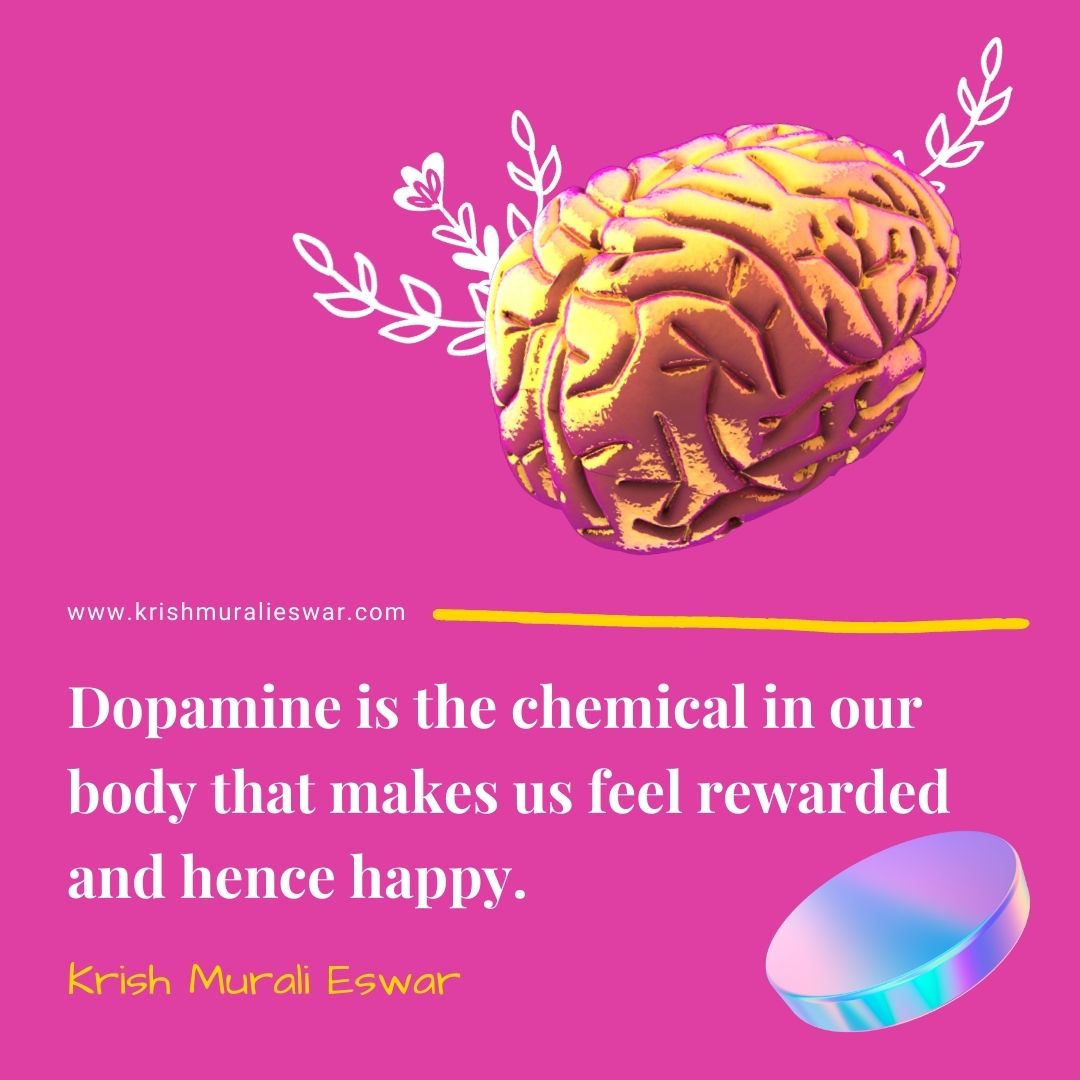
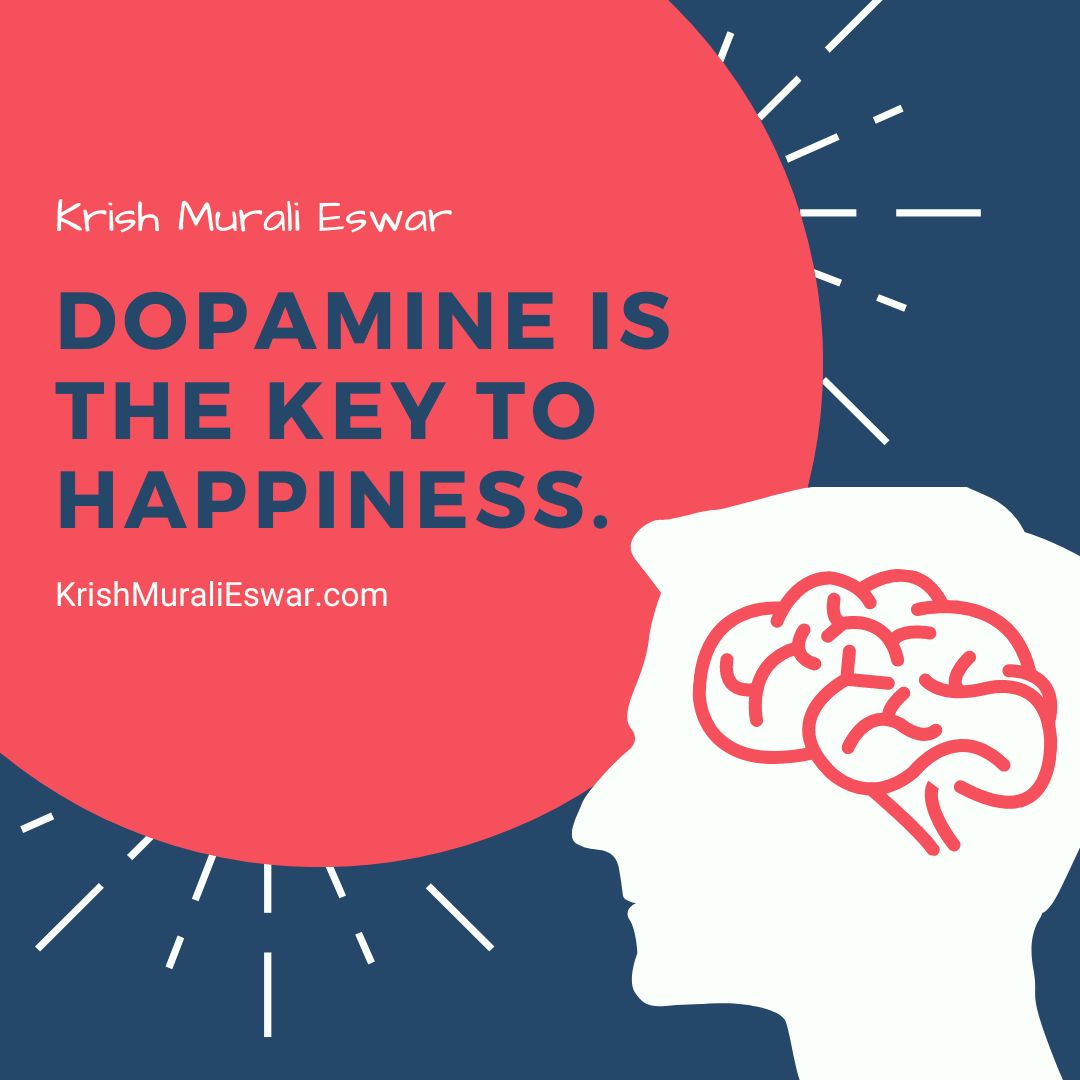
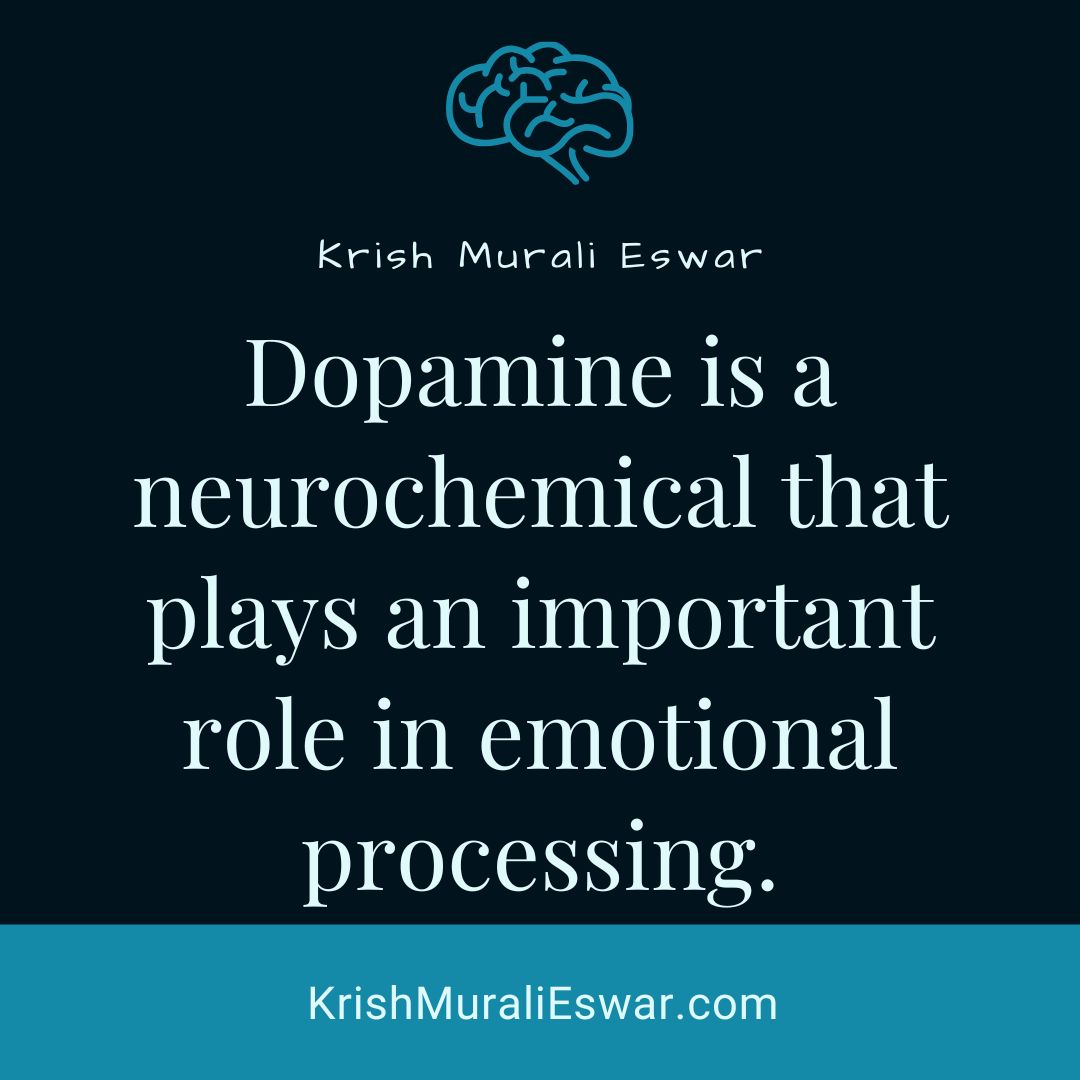
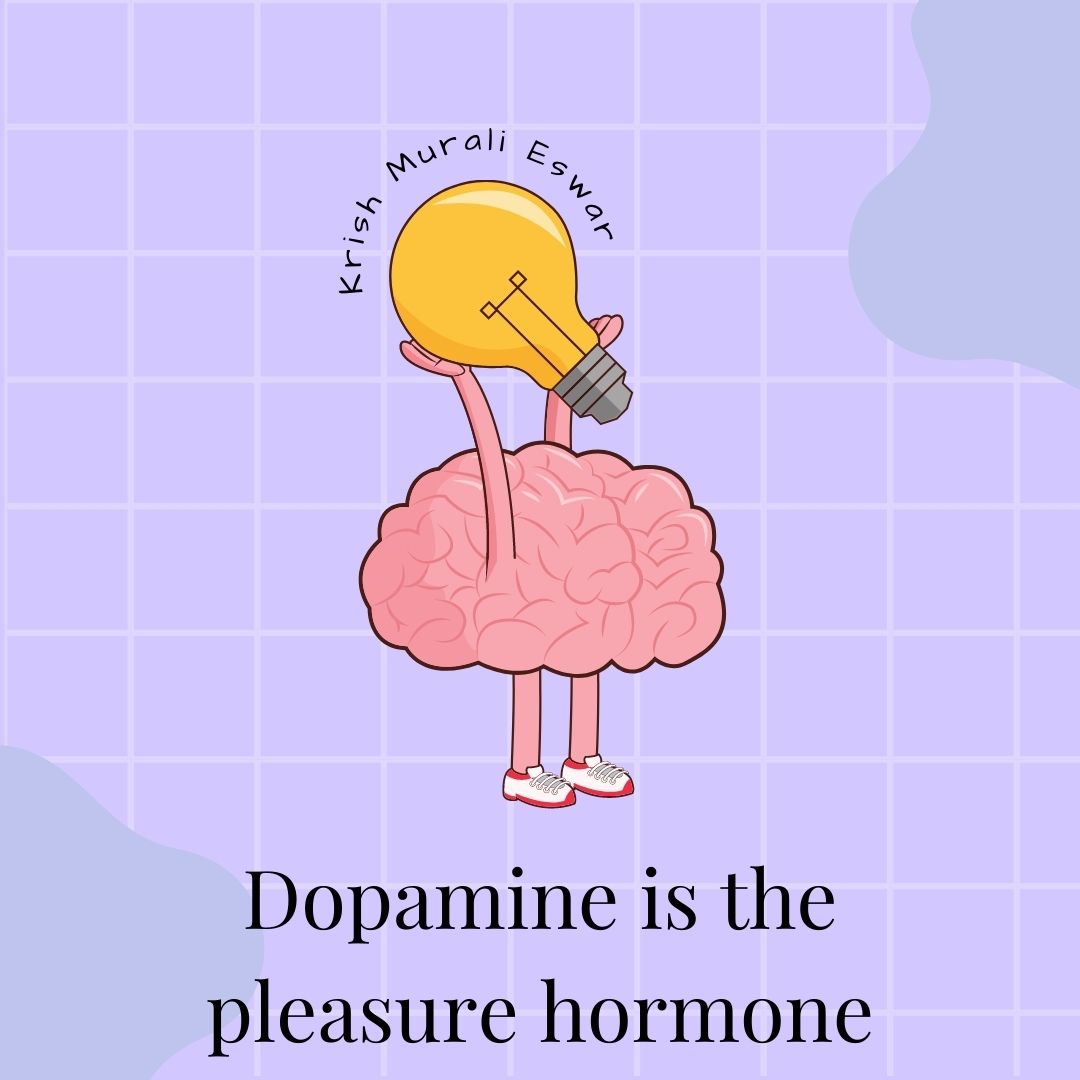
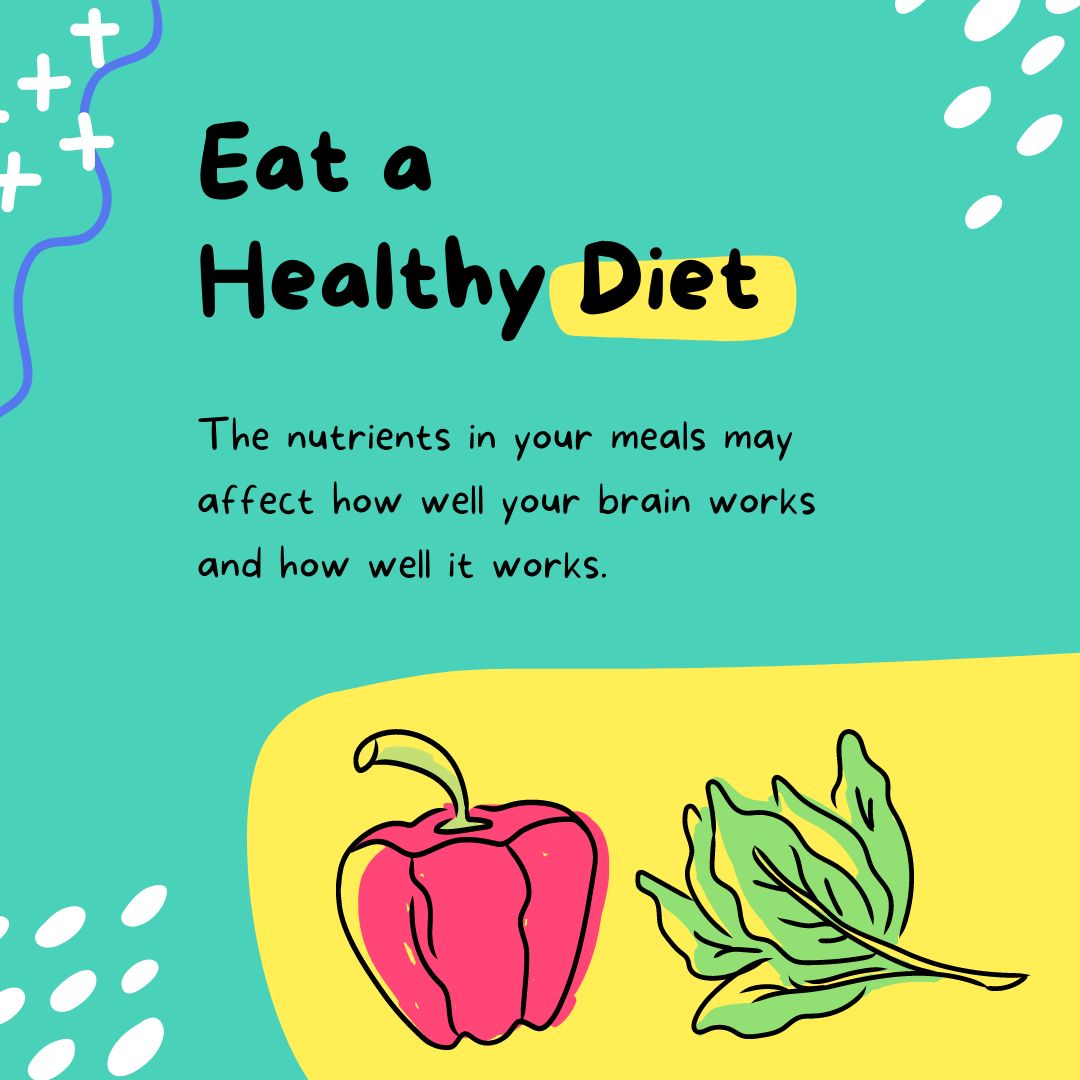
Leave a Reply